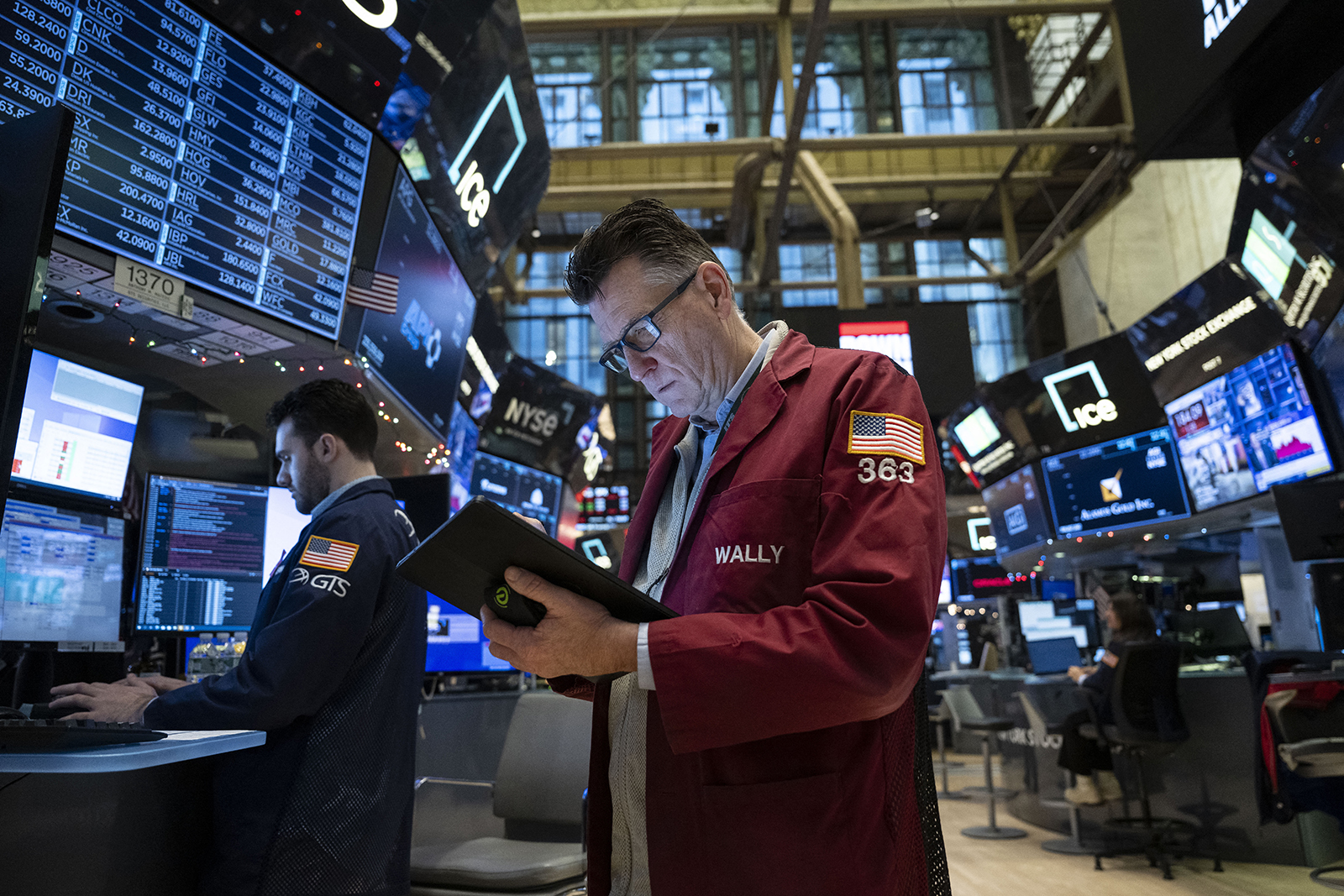In an increasingly interconnected world, global events play a significant role in shaping the dynamics of the U.S. market.
From geopolitical tensions and international trade agreements to global pandemics and financial crises, the ripple effects of these events can profoundly impact the economic landscape of the United States. Understanding how these global phenomena influence the U.S. market is crucial for businesses, policymakers, and investors who must navigate the complexities of a globalized economy.
The U.S. market, as one of the largest and most influential economic systems in the world, is deeply integrated with international trade and finance. This integration means that events occurring outside its borders can affect everything from stock market performance and investment flows to inflation rates and employment levels.
For example, a political upheaval in a country with which the U.S. has significant trade relations can disrupt supply chains and affect the pricing of goods and services. Similarly, economic policies enacted by major economies like the European Union or China can have direct and indirect impacts on the U.S. economic environment.
Moreover, global crises such as the COVID-19 pandemic illustrate how profoundly and rapidly global events can affect the U.S. market. The pandemic not only disrupted global supply chains but also led to significant changes in consumer behavior and business operations, prompting a reassessment of economic stability and growth prospects.
This introduction sets the stage for a deeper exploration of the specific mechanisms through which global events influence the U.S. market, highlighting the importance of strategic responses to these global dynamics.
Understanding these interactions helps stakeholders mitigate risks and capitalize on opportunities in a world where national economies are intricately linked.
Impact of International Trade Policies on US Industries
International trade policies profoundly shape the landscape of U.S. industries, impacting sectors from agriculture to technology. Tariffs, trade agreements, and embargoes serve as tools through which national governments regulate the inflows and outflows of goods and services, aiming to protect domestic industries, create jobs, or sometimes retaliate in geopolitical disputes.
These policies not only redefine supply chains but also influence the prices of goods and services, ultimately affecting business operations and economic strategies within these sectors.
For example, the agriculture sector frequently feels the immediate impact of trade tariffs, which can alter commodity prices and shift export markets. Soybean farmers, for instance, faced significant challenges when tariffs imposed during trade wars with China led to a sharp decline in exports.
This situation forced farmers to seek alternative markets or face surplus yields, affecting their profitability and operational decisions.
In the manufacturing sector, tariffs on imported raw materials can increase production costs, leading manufacturers to either pass these costs onto consumers or absorb them at the expense of their profit margins.
Similarly, technology companies, which rely heavily on global supply chains for both components and sales, must navigate these policies to avoid disruptions. For instance, restrictions on semiconductor supplies can delay production lines and affect product releases, influencing market competitiveness.
Moreover, trade agreements like the USMCA (United States-Mexico-Canada Agreement) play a crucial role in shaping economic relations and industry dynamics by setting rules that govern trade activities, protect intellectual property, and establish labor standards across borders. These agreements can enhance competitive edges or pose challenges depending on their terms and enforcement.
Understanding these dynamics is essential for stakeholders in these industries to strategize effectively, ensuring resilience and competitiveness in a globally connected market. The impact of international trade policies thus remains a critical, ongoing element of U.S. economic policy discussion and industrial strategy.
Global Financial Crises and Their Effects on the US Economy
Global financial crises profoundly influence the U.S. economy, demonstrating the interconnectedness of modern financial markets. One of the most significant examples is the 2008 financial crisis, which, although originating in the U.S. housing market, quickly escalated into a global economic downturn. This crisis underscored how deeply integrated global economies are and how financial turmoil can traverse borders swiftly, affecting economic stability worldwide.
The effects of such crises on the U.S. market are manifold. Stock markets often react with increased volatility, as investors respond to uncertainty and risk aversion sets in, leading to significant capital flight and market downturns. Investment flows also tend to dry up during crises as both domestic and foreign investors pull back, waiting for stabilization.
Moreover, such events strain monetary policy as the Federal Reserve and other central banks are compelled to intervene, typically by adjusting interest rates and deploying unconventional tools like quantitative easing to provide liquidity and stabilize financial systems.
In response to these challenges, U.S. financial institutions and regulators have developed robust strategies to mitigate the effects of global financial shocks. Post-2008 reforms included stricter regulatory standards for banks, increased oversight, and stress testing to ensure financial institutions could withstand similar crises.
Measures such as the Dodd-Frank Act were implemented to increase transparency and reduce the risks associated with high-risk mortgage securities and derivative products.
By learning from past crises, the U.S. has aimed to fortify its financial markets against future shocks, understanding that while global integration offers economic benefits, it also requires greater vigilance and preparedness against potential global financial disruptions.
Conclusion
In conclusion, global events play a significant and often decisive role in influencing the U.S. market, illustrating the complexities and vulnerabilities of a globally interconnected economy. From international trade agreements to geopolitical tensions and global financial crises, the U.S. market is susceptible to a wide array of external influences that can disrupt economic stability and growth.
The interdependence between the U.S. and other global markets means that economic ripples in one part of the world can lead to significant waves in another.
For instance, trade policies can reshape entire industries, financial crises can lead to global recessions, and political instability can disrupt international supply chains, all of which have direct impacts on the U.S. economy.
To navigate these challenges, it is crucial for policymakers, businesses, and investors in the U.S. to maintain a vigilant and proactive approach.
Understanding the potential impacts of global events and implementing strategies to mitigate these risks is essential for sustaining economic growth and stability. This approach not only helps in cushioning the economy against immediate shocks but also prepares the groundwork for more resilient and robust economic systems that can withstand the complexities of future global challenges.
Did you like the content? Activate notifications so you don’t miss any news on our blog. See you next time!






